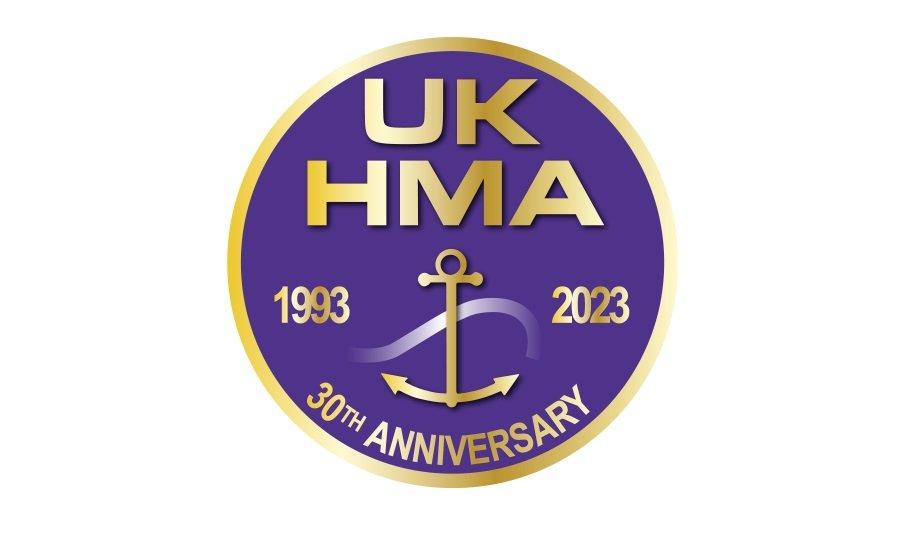An MCA document outlining standards to be met by organisations delivering Tier 2 response services in the UK.
The Merchant Shipping (Oil Pollution Preparedness, Response and Co-operation Convention) Regulations 1998 (SI 1988 No.1056) (as amended) state that certain UK ports, harbours and oil-handling facilities [footnote 1] and all offshore installations on the UK Continental Shelf must submit OPRC Plans to the Maritime and Coastguard Agency (MCA) (in the case of ports, harbours and oil handling facilities) or the Department for Business, Energy and Industrial Strategy (in the case of offshore installations or oil handling facilities which are pipelines) for approval.
Approved accreditation bodies
DESNZ similarly require responsible persons of offshore installations and oil handling facilities
As part of the approvals process for ports, harbours and oil handling facilities to which the Regulations apply, the MCA require contingency plans to detail the contract they hold with an accredited third-party Tier 2 Marine Oil Spill Response Organisation (hereafter referred to as ‘OSRO’).
DESNZ similarly require responsible persons of offshore installations and oil handling facilities which are pipelines to detail in Oil Pollution Emergency Plans (OPEPs) any arrangements in place with an OSRO. This document outlines the MCA and DESNZ agreed minimum standard for OSROs.
The Standard can only be applied by MCA or DESNZ approved accreditation bodies in their accreditation of OSROs for contracts held with UK ports, harbours, oil handling facilities and offshore installations. In their approval of OSCPs and OPEPs, the MCA and DESNZ will only recognise OSROs accredited under approved schemes which apply the Standard.










